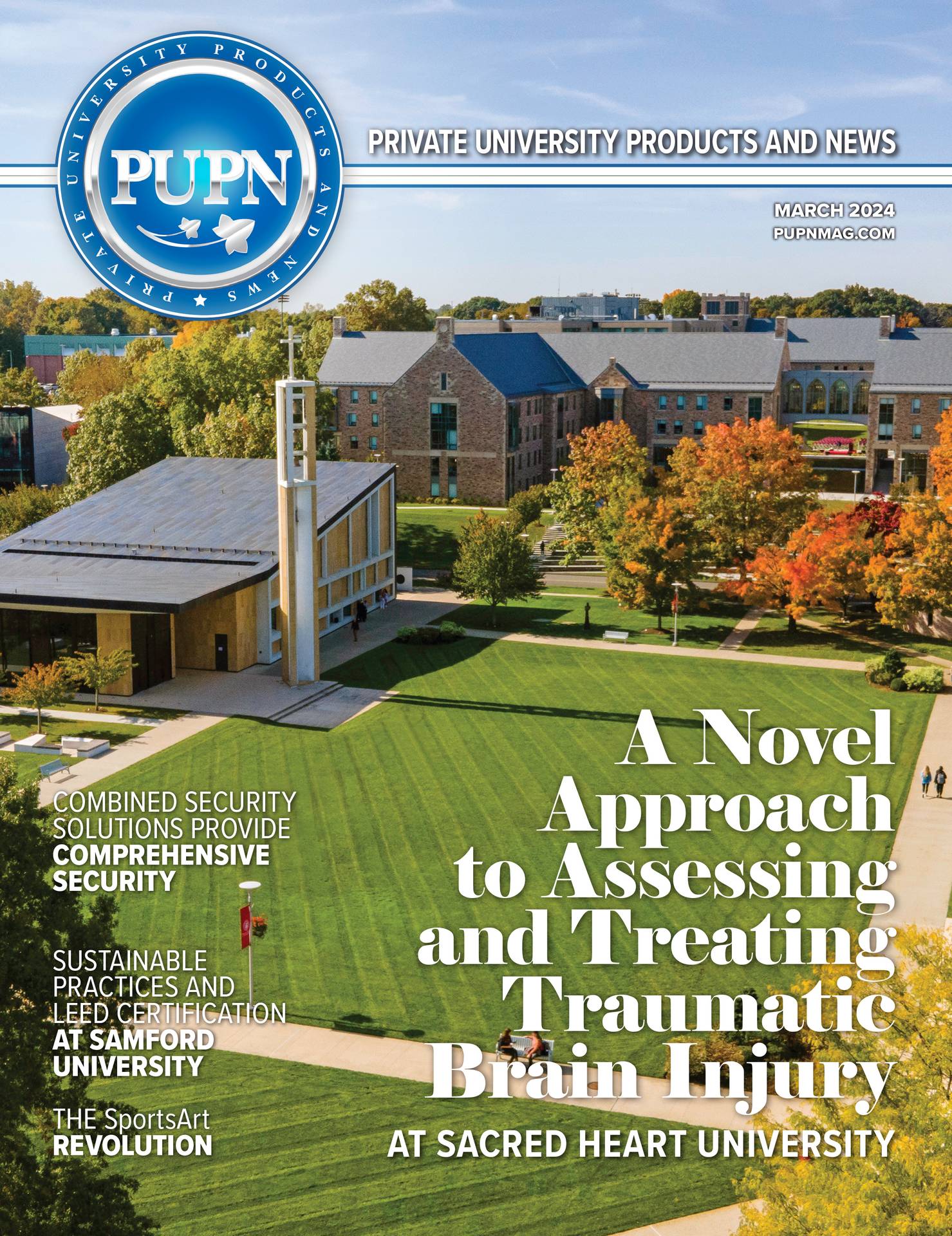Through strategic parterhsips, Pickett and his colleagues are able to push back against the School-to-Prison Pipeline by joining forces with other educators and institutions to foster a Prison-to-College Pipeline in Mississippi.
Ground Zero of Race Relations
Several years ago, Pickett accepted a faculty position at the University of Mississippi. “Coming to Mississippi has been a breath of fresh air for me,” Pickett notes, “People don’t think to look at Mississippi as an example for how to pursue racial reconciliation, racial unity, and how to collectively process race,” but Mississippi has been dealing with issues of race on a daily basis. Muc like Silicon Valley was the ground zero for technological advances, he explains, Mississippi might be viewed as the ground zero for race relations.
Even if he couldn’t affect dramatic, sweeping changes at a policy level, he felt a strong sense of responsibility to do something. At the new faculty orientation in his first position as a Clinical Assistant Professor with the University of Mississippi-Tupelo Campus, he met Dr. Patrick Alexander, an Assistant Professor of English and African American Studies. Coming from Duke and having tutored students in a program called Stepping Stones, Alexander had experience with college-prep courses at North Carolina’s Orange Correctional Center, and Pickett was immediately drawn to the concept of applying both his teaching skills and his ministry to work with incarcerated learners. When they joined forces, their vision was a college-level course designed for people who had finished high school or earned their GEDs. Incarcerated learners enrolled in the course would be given the opportunities to take college courses and prove to everyone that they were capable of competing at the college level.
Pickett and Alexander presented the College of Liberal Arts at the University of Mississippi with the Prison-to-College Pipeline program, earning a grant to implement the pilot program at Mississippi State Penitentiary, also known as Parchman Farm. In June of 2014, the pilot course launched at Parchman. The first step was an interest inventory for students, so Pickett and Alexa nder could design a course with material that students were most interested in learning. Pickett notes that he wanted to “listen to the desires of the incarcerated learner,” and he tailored the curriculum to their interests. Keeping track of students from the early courses will be the next step, as Pickett is focused on reducing recidivism, and following the next steps for these students to see if they go on to college and continue to view themselves as scholars. From a purely financial point of view, Pickett notes that the state would save hundreds of thousands of dollars a year if every student who had been through the program never returned to a life behind bars. Soon after the pilot course, Pickett joined the faculty at Mississippi College, where his continuation in the program was actively encouraged by MC’s president, Dr. Lee Royce, and other administrators and faculty.
The Lord Keeps Opening Doors
“Coming to Mississippi,” Pickett adds, “the Lord just opened the doors.” Now, Pickett is recruiting faculty members to help cover the prisoners’ burgeoning academic interests, teaming up to co-teach classes with his colleagues from other departments who are keenly aware of the racial issues connected to mass incarceration. Pickett adds, “In small, private colleges, pretty much everybody’s field has something to do with this.” He also continues to partner with faculty outside of Mississippi College.
Dr. Stephanie Rolph of Mississippi’s Milsaps College wanted to teach incarcerated women who have been underserved in the prison education efforts, so she teamed up with Pickett to add that initiative to the program. Rolph notes that Pickett is not only incredibly generous as a colleague, but she believes he has “a heart for education as a critical bridge for social justice, not just for our liberated, traditional students, but for men and women who have little to no access to our institutions.”
Pickett has been especially grateful for President Royce’s enthusiasm for this project. Royce explains that when Pickett first approached him about the program that he was impressed with his commitment and passion for the work and with all he had accomplished while paired with his University of Mississippi colleague. Royce adds, “I wanted to support him in this project to bring college courses to those in prison so we set aside any of the usual tuition and fee expenses.”
As the program has grown over the last three years, Royce states that Pickett has shared with him “some of the excitement, pride, and delight that inmates express when given the opportunity to take a history course and to write about the topic and about their own experiences.” Now that their program has created a state first, in offering college courses in a women’s prison, Royce hopes Pickett will continue pressing forward, so they can continue expanding the program over the upcoming years.
MC Sends Clear Message: Redemption is Possible
In addition to the financial support of the college and the encouragement of MC’s leader, Pickett adds that several department heads and deans have come to the graduation ceremonies at the prison, and many of his faculty colleagues have demonstrated their encouragement for the project and the incarcerated men and women. MC Dean of the School of Humanities and Social Sciences Dr. Jonathan Randle adds that The Prison-to-College Pipeline program is only one of the initiatives that Pickett has taken on-whether through the college, his church, or on his own time; what all the initiatives share, Randle adds, is that they “reflect his heart for reconciliation, ministry, and justice.” Randle believes the program offers an innovative way for faculty to combine their vocations with the Gospels’ call to “visit those in prison, to minister to the marginalized and neglected, and to love others in Christ.”
Soon after he arrived at MC in summer of 2016, Dr. Patrick L. Connelly, Associate Professor of History and Chair of Department of History & Political Science, attended the graduation ceremony for the women of the Central Mississippi Correctional Facility. After seeing Pickett’s passion behind the program as well as his commitment to the well-being of the incarcerated students, Connelly shares, “It was deeply moving to witness that graduation ceremony. I will never forget seeing those women take such deserved pride in their accomplishment. It was the fruit of hard work and commitment on their part, but also due to the care of professors like Otis who respected them, believed in them, wanted to teach them and desired to see them succeed. It is a wonderful program that honors the dignity of incarcerated students and believes that redemption is possible even amidst difficult circumstances.”
MC student Alexis Smith, who graduated this past month, was delighted to serve as a graduate assistant in the first class in the state’s history where incarcerated women earned college credit. As his student, Smith was drawn to Pickett’s boundless enthusiasm for the project and moved by the way he kept focusing on “how much it was a blessing to him,” even more than what he could offer to the incarcerated men.
She also admired how devoted he is, on a deep and personal level, to the men and women he encounters.Smith notes, “You don’t even know what the benefits will be in the future,” so you are really “going in blind,” prepared to help however you can help. While she saw the purpose for the students who could earn up to twelve hours in college credit as they were preparing to live a life outside of the prison, she was initially surprised to learn the classes were also offered to women with no chance at parole. She remembers wondering if that would be time, money, and energy best served.
Early in the work, however, Smith realized that the classes were creating a stronger community within the prison where education was improving the person, then the community, then the system, and so on-with inmates learning more about handling conflict and applying life skills to challenges they faced each day. Additionally, Smith, who has now become an instructor for the Prison-to-College Pipeline and will teach her first course this summer at Central Mississippi Correctional Facility, explains that these courses belong to those who may never leave prison as well- because MC’s commitment tells them quite clearly, “You are still valuable, and you can live out the dreams you had. You can still make a change in the world.”










